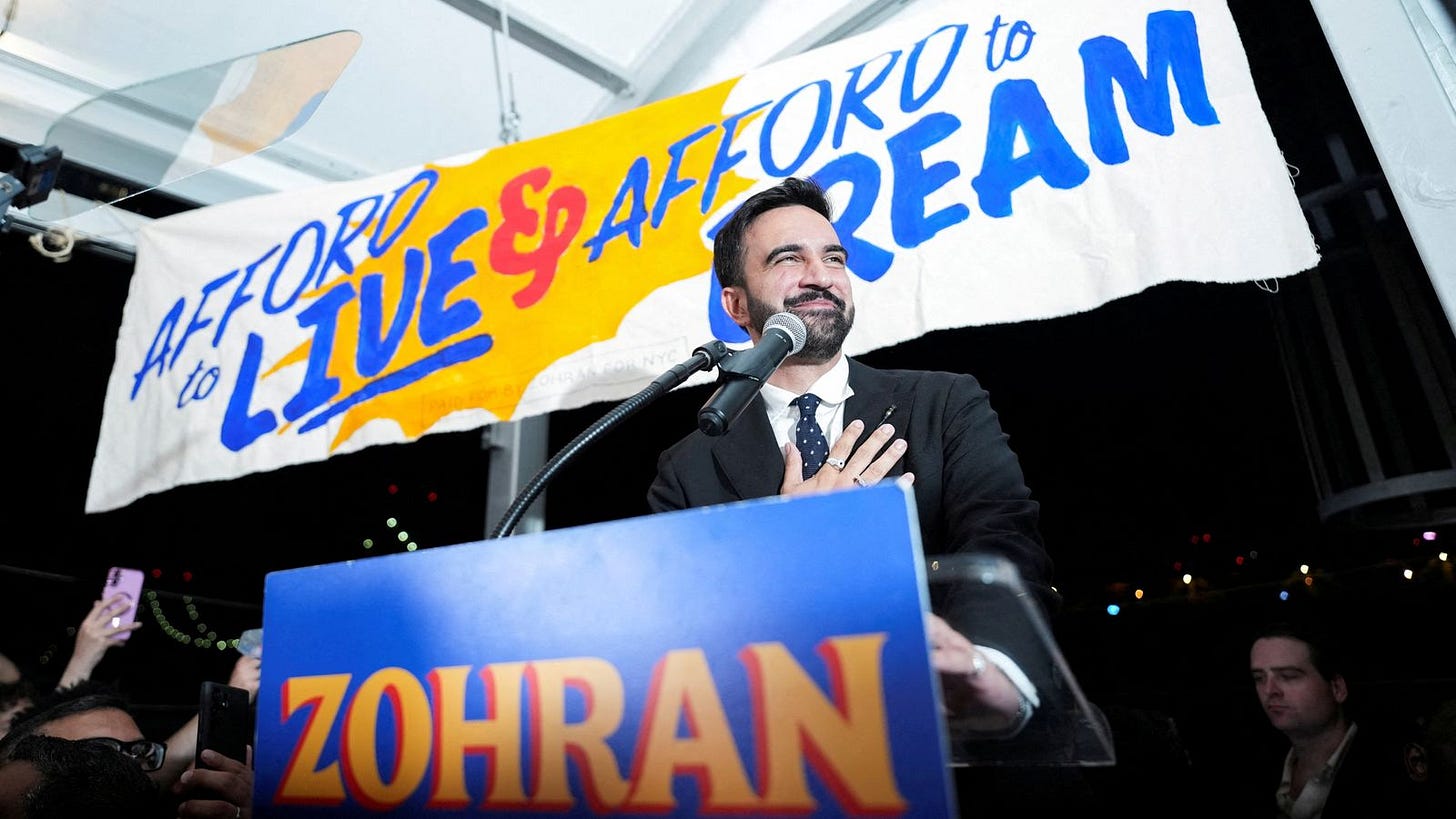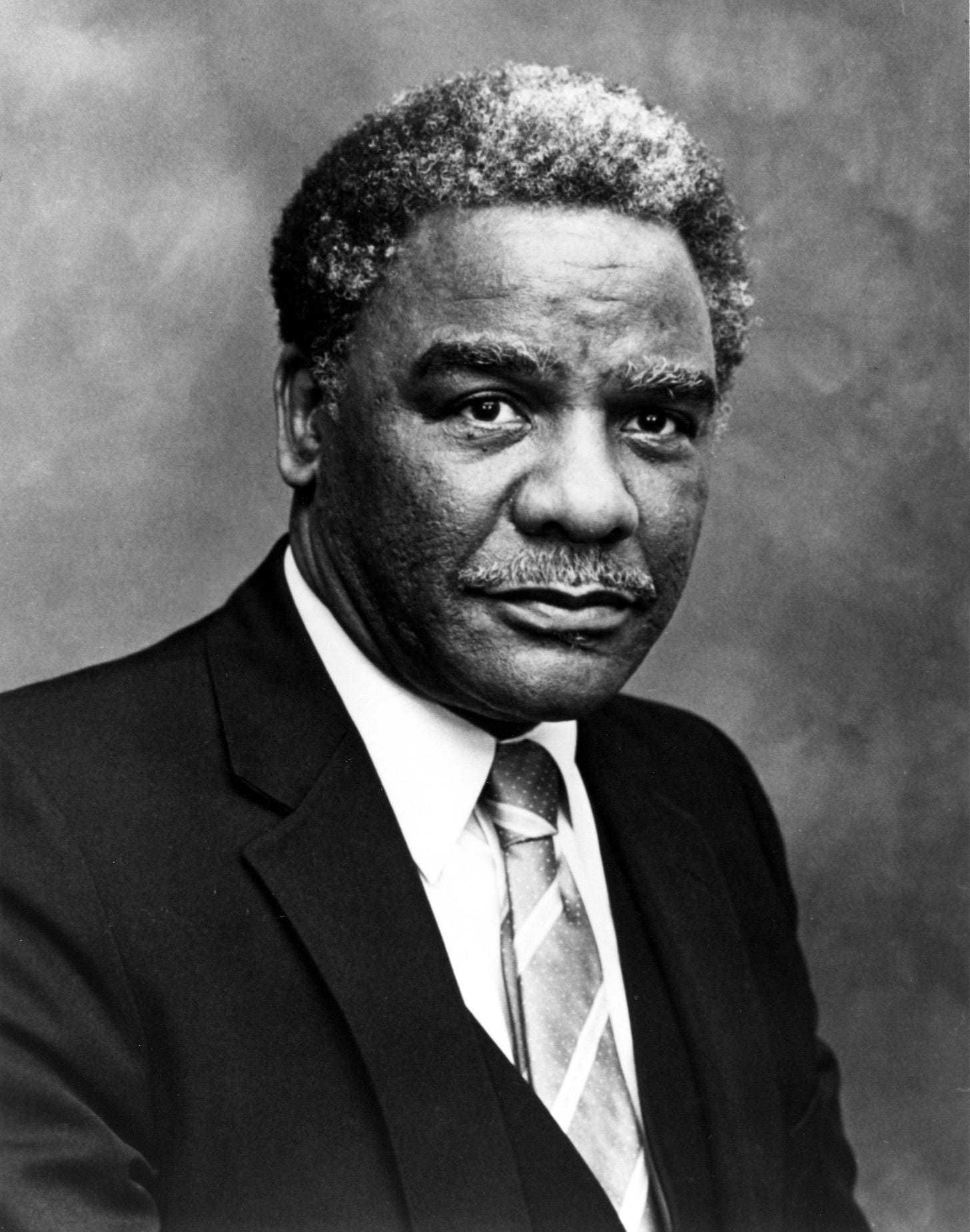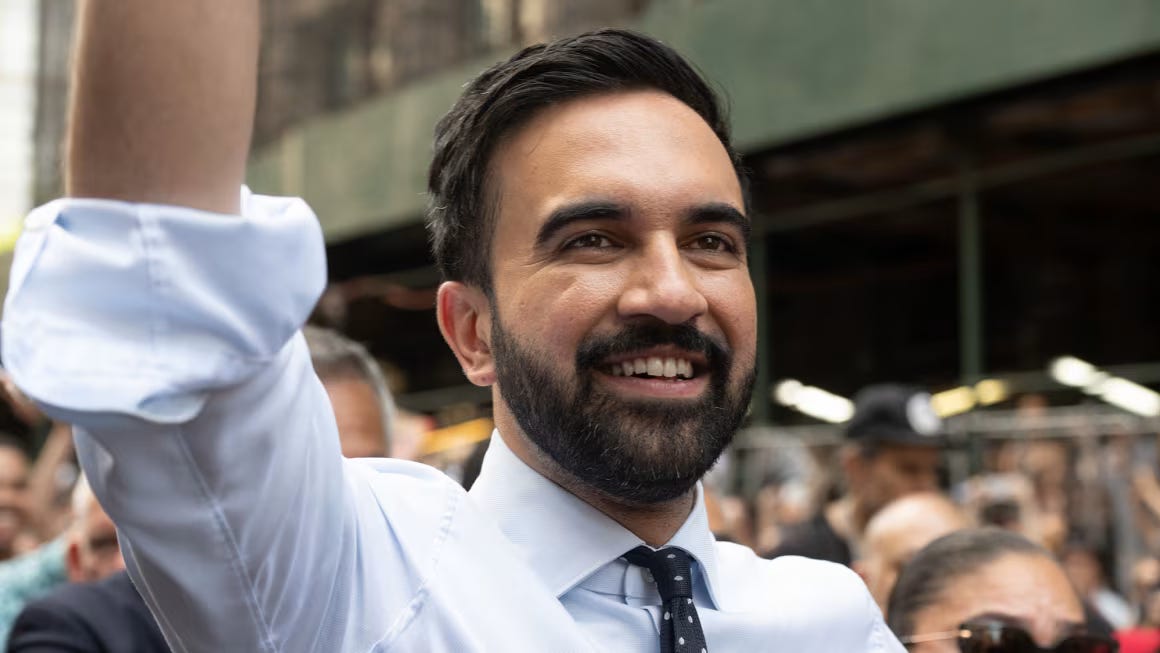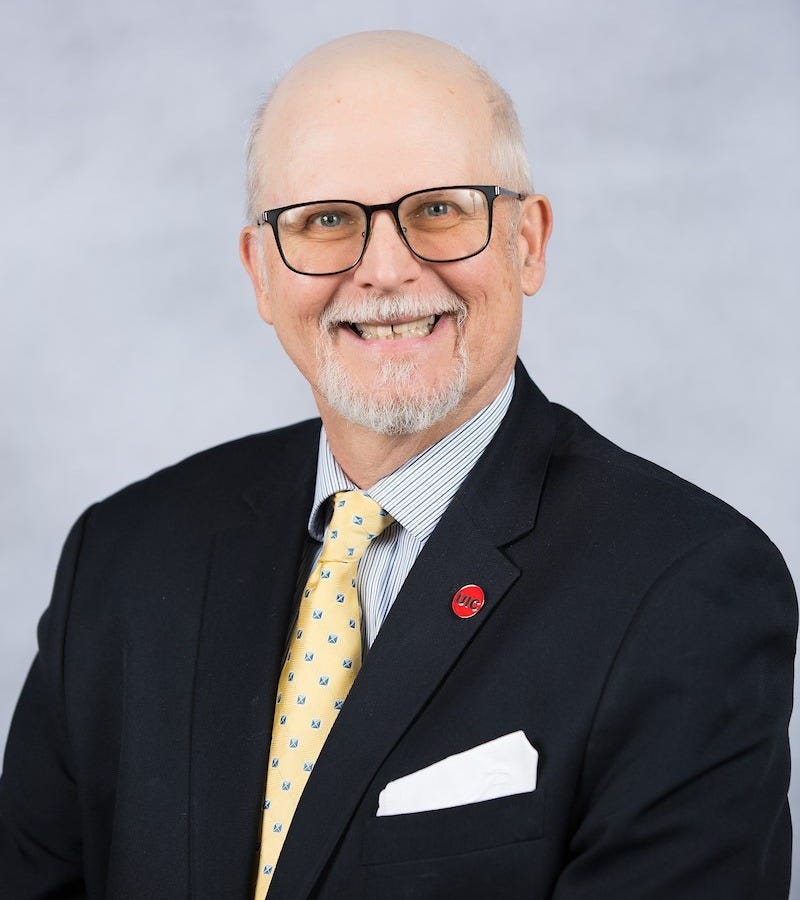History Possibly Repeating Itself Yet are Opponents Aware of It
Zohran Mamdani's campaign has a resemblance to another surprising election victory

by William S. Bike
Author of Winning Political Campaigns
Pundits and other media mavens are using terms such as “unprecedented” and “unbelievable” to describe the victory of Zohran Mamdani in the New York City Democratic mayoral primary. Not true.
We’ve seen this before, only not in New York. The Chicago mayoral election of 1983 was uncannily similar to that of New York City in 2025.
Both election cycles featured an embattled incumbent Democratic Party regular as Mayor: Jane Byrne in Chicago and Eric Adams in New York. While Byrne ran in the Democratic primary, Adams has opted to run as an independent in the general election.
Because the incumbent Democratic Mayor was unpopular, another party regular from a well-known political family decided that this was his opportunity to snatch the Democratic nomination.
In Chicago, that was Cook County State’s Attorney Richard M. Daley, the son of former longtime Mayor Richard J. Daley. In New York, that was former Governor Andrew Cuomo, son of former longtime governor Mario Cuomo.
In both cases, the family-and-party-connected candidate was expected to win and early polls backed up this perception.
They both racked up powerful mainstream endorsements, with former Vice President Walter Mondale and former U.S. Senator Adlai Stevenson endorsing Daley and politicians such as former President Bill Clinton and former Mayor Michael Bloomberg endorsing Cuomo.
But in both races, there also was a left-wing progressive candidate on the ballot to whom both voters and the media gave little consideration early in the race: African American Congressman Harold Washington and Muslim Socialist and New York State Assemblyman, Zohran Mamdani.
There usually is a left-wing progressive in Chicago and New York Mayoral races, who ends up garnering few votes because he or she is a minister or community activist who means well but has no clue how to win an election.
Not so in the cases of Washington and Mamdani.
Seasoned politicians both, they knew how to win high-profile races and had done so before. They both understood how to build coalitions with constituencies other than their own: in Washington’s case, with Chicago’s white lakefront liberals and in Mamdani’s case with Jewish politicians and voters.
Most importantly, both understood that to win, they had to tap wells of citizens who do not normally vote.

In Washington’s case, he got the Black businesspeople who asked him to enter the race to run the “Come Alive October 5” campaign, an effort to get non-voters to register on Oct. 5, 1992, four months before the election.
This was both a highly public yet stealth campaign, as it was run in Black media such as the Chicago Defender to which the Democratic regulars paid little attention.
In Mamdani’s case, as the New York Times reported, “Mamdami drew tens of thousands of new voters to the polls with the help of an army of volunteers and small donors” — two groups to whom the Democratic regulars also paid little attention.
The closing days of each first-round campaign saw an 11th-hour realization on the part of the regulars that the progressives to whom nobody was paying attention had the possibility of winning and in both cases their rhetoric became increasingly inflammatory, with fears of the possibility of a Black mayor in Chicago in 1983 and of a socialist Muslim Mayor in New York in 2025.
But in both cases, it was too late, with Washington and Mamdani scoring surprise upset victories.
Similarities Continue
As a leftist progressive winning a high-profile primary in a conservative Reaganite era, Washington became national news and suddenly was able to tap into progressive funding sources and to obtain endorsements from prominent liberals around the country. The same is happening with Mamdani.
The Republican candidate, often a non-factor, suddenly faced calls to drop out of the race. In Chicago in 1983, the Jane Byrne camp tried to get President Ronald Reagan to pressure former State Representative and Republican mayoral nominee Bernard Epton to withdraw in favor of Byrne. In New York in 2025, some are asking Republican Nominee Curtis Sliwa to step aside so Eric Adams can take his spot.
In Chicago, Byrne also toyed with the idea of running as an independent in the general election in 1983. Her 2025 New York counterpart, Cuomo, actually is doing so.
Between the primary and the general election in Chicago, the rhetoric became molten, with constant fear-mongering about what would happen to the city if a Black leftist candidate became mayor.
The rhetoric in New York is already becoming molten, with similar fear-mongering about what will happen to the city if a Muslim socialist candidate becomes mayor.
In 1983, Washington remained calm and focused on his plans for improving the city despite the fear-mongering and rhetoric, and was elected Mayor. Mamdani will have to follow the Washington blueprint if he hopes to do the same.
William S. Bike is the author of the book Winning Political Campaigns.
Publisher’s Note: The viewpoints expressed here are that of the writer’s and does not necessarily reflect that of Communication Intelligence.





